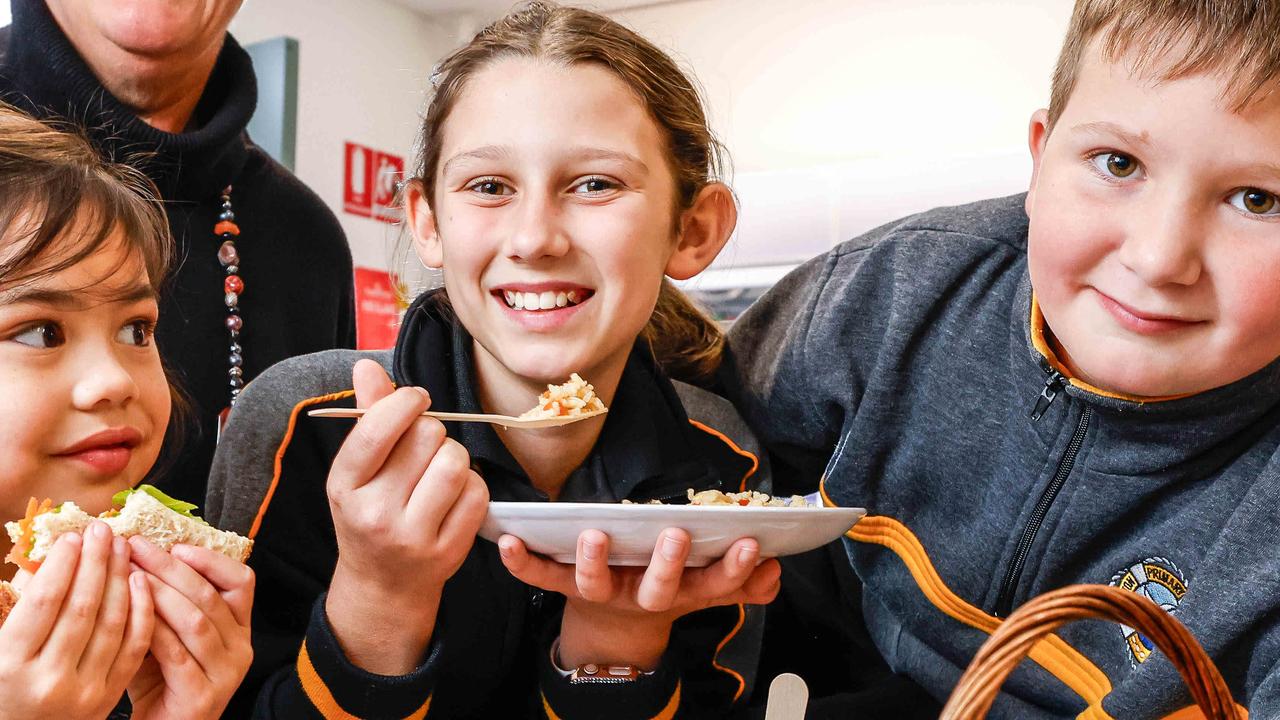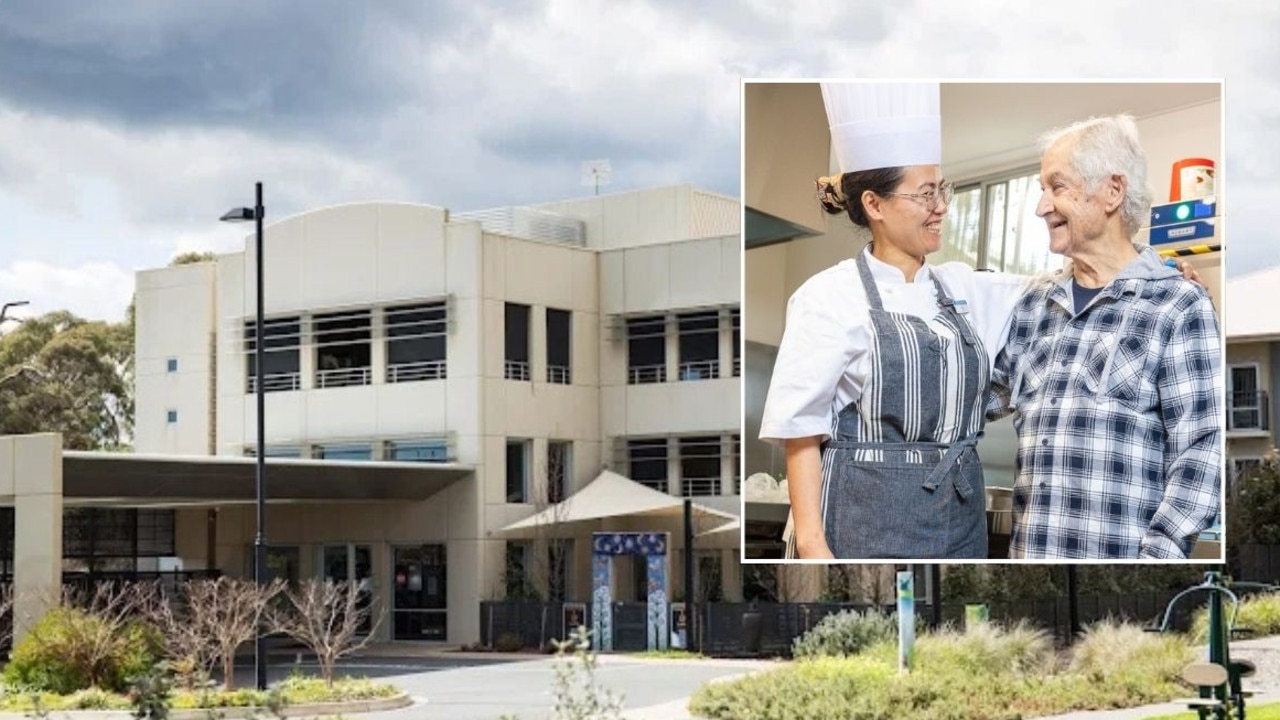Kilburn recycling plant to be demolished and rebuilt as owners wait on federal soft plastic grant
A plastic recycling plant will be torn down and rebuilt under a $60m plan in Adelaide’s north – and it could eventually take your bread bags.
SA News
Don't miss out on the headlines from SA News. Followed categories will be added to My News.
A Kilburn recycling plant that processes “about half” of Australia’s rigid plastic will be demolished and rebuilt to eventually double its processing output – and could soon deal with the mounting problem of soft plastics.
The Recycling Plastics Australia plant currently processes about 20,000 tonnes of rigid plastic annually, turning waste into pellets for reuse as products such as irrigation piping and bollards.
The larger, new $20m building – plus $40m for new plant equipment – is planned to eventually process up to 40,000 tonnes.
But that will depend on the outcome of $60m in federal grants, general manager Stephen Scherer said.
The federal government announced a round of recycling technology grants in 2023, aimed at hard-to-recycle plastics.
Mr Scherer said soft-plastic recycling was “almost not done” in Australia since the collapse of the REDcycle program in November 2022 when it was revealed it was stockpiling tonnes of soft plastic because of supply chain issues, a surge in waste and a fire at a recycling plant.
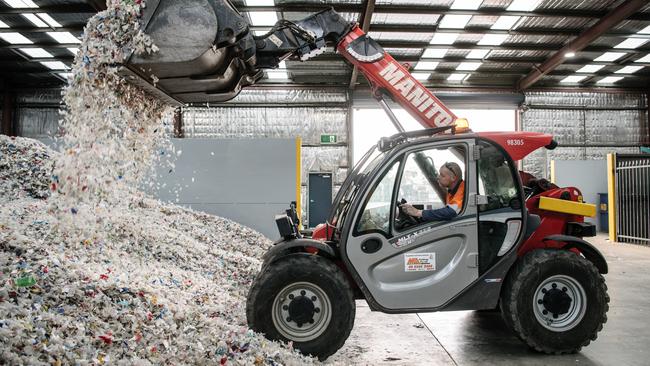
“There’s a word we use in our business – we talk about cherries and rotten tomatoes,” Mr Scherer said. “Cherries get done all the time, but RPA only deals with rotten tomatoes.”
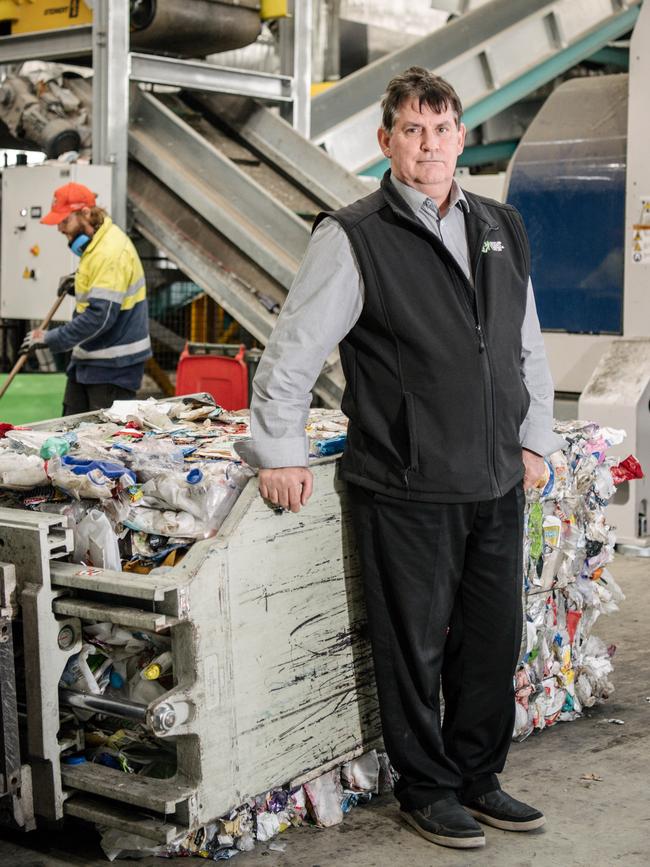
Now, he said, RPA was trying to move out of one industry and into another – circulatory.
“Circulatory in its simplistic form is making the same thing out of the same thing,” Mr Scherer said. “All the other things are lipstick on a pig.”
Circulatory is in its name – turning the used item back into the same item.
“It looks like a bread bag going back into a bread bag, a milk bottle back into a milk bottle,” he said. “We can do that in Australia – we just don’t.”
A spokesperson for federal environment minister Tanya Plibersek said the applications for the Recycling Modernisation Fund were being considered and those successful would be “announced in due course”.
After being closed for two years, RPA reopened its Kilburn plant in 2019 under a new name and with more advanced sorting equipment.
Now Mr Scherer plans for the rebuilt recycling plant to one day take Australia’s soft plastic and turn it into reusable plastic pellets – or “rotten tomatoes into gold, with knowledge and technology”.
When asked how far off RPA was being able to do that, he’s blunt.
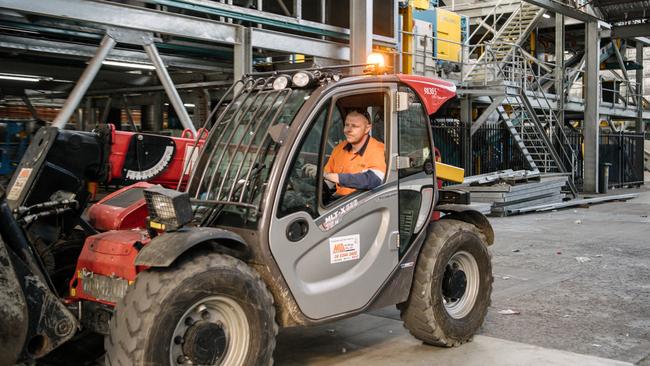
“Twenty million dollars. It’s a technical challenge. We have proven the process by running trials of the REDcycle material through our optical sorting lines and through washing lines in Europe and we can do it here.
“It can be done anywhere – you just need courage and no green washing. It is doable.
“We would call this advanced mechanical recycling. Everything depends on the grant. When and if it comes on the table, we are ready to go.”
Regardless of the grant, RPA plans to construct a new $20m building at its Kilburn site to continue rigid plastic recycling, and with $40m on new plant equipment.
As for what to do with your soft plastics for now? “Throw them in the bin – or store them.”




